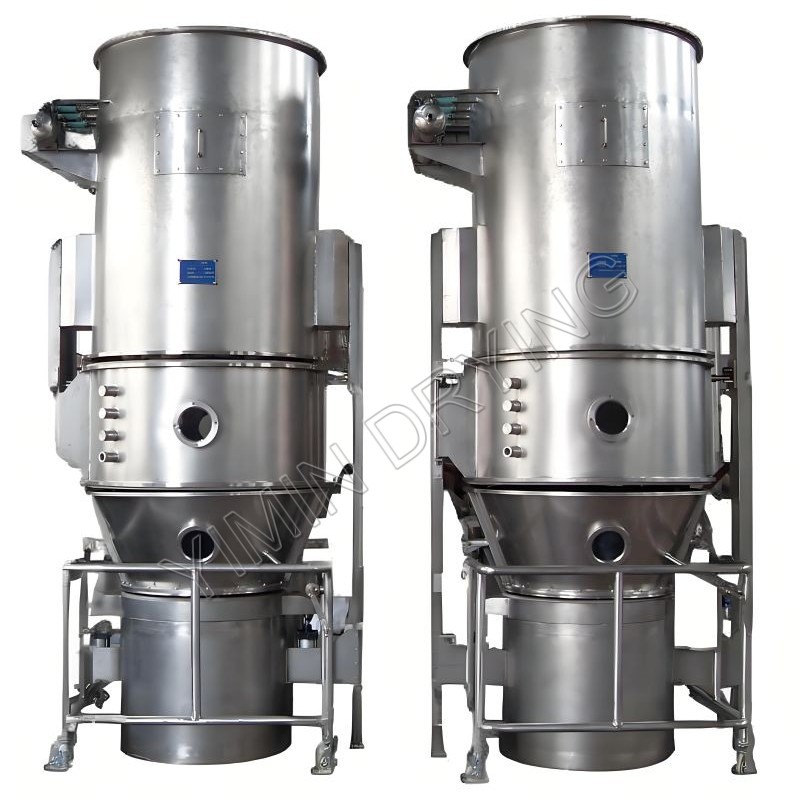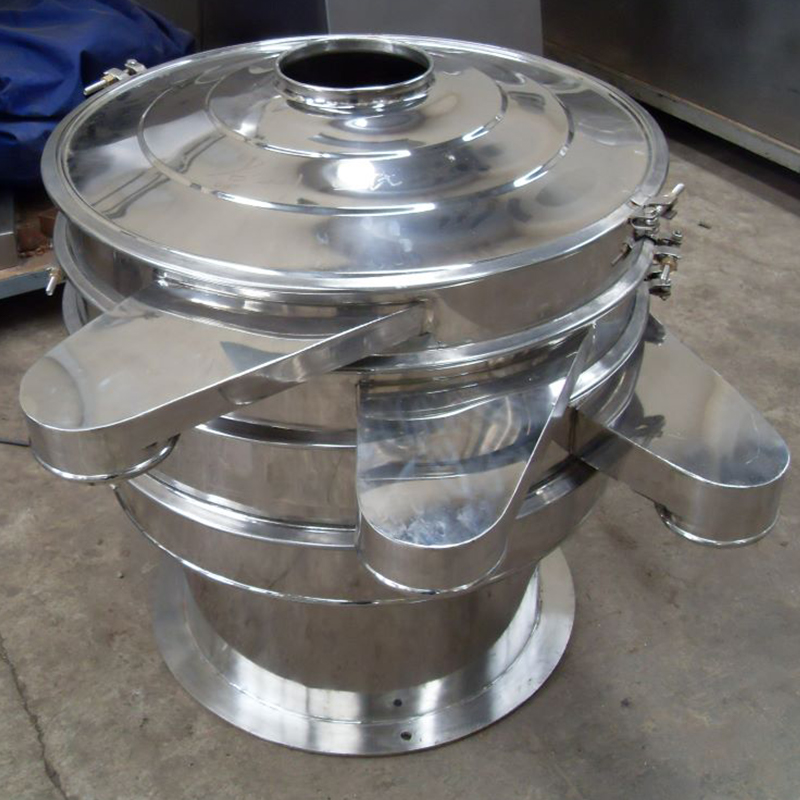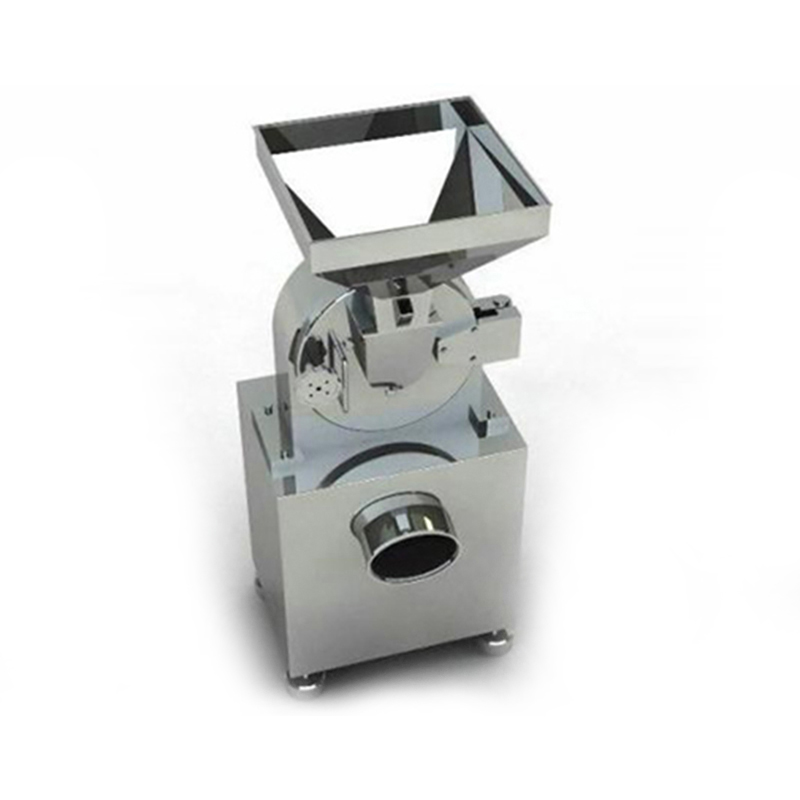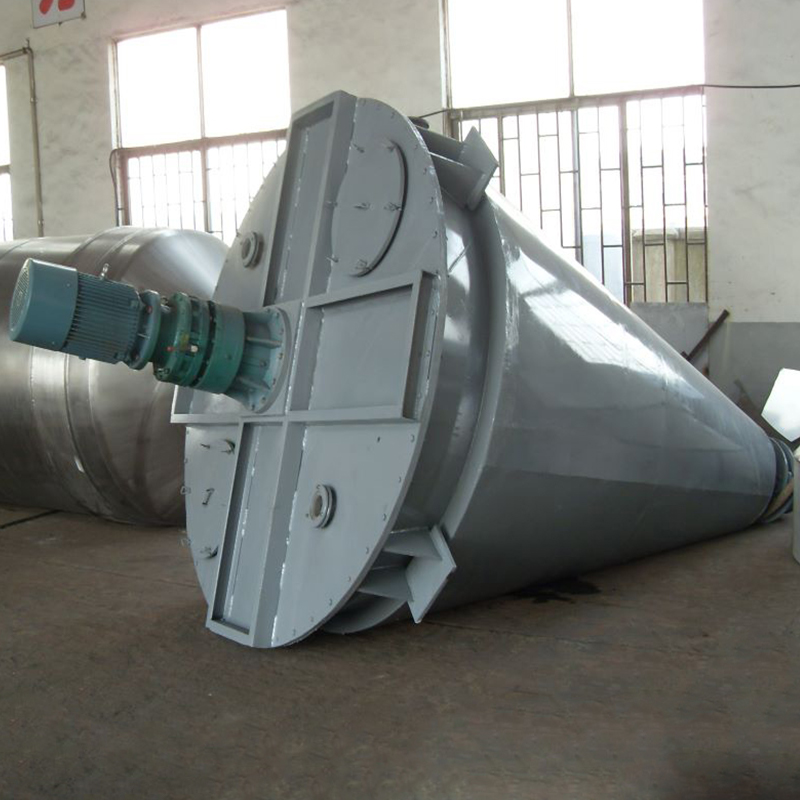Koje materijale može industrijski granulator obraditi?
Industrijski granulatori ,, također poznat kao granulacijski strojevi , brusilice , ili oprema za smanjenje veličine , bitni su alati u raznim industrijama. Njihova primarna funkcija je razgraditi veće čvrste materijale na manje, ujednačene čestice ili granule. Svestranost ovih strojeva je impresivna, omogućavajući im da učinkovito obrade širok raspon materijala.
Plastika i polimeri
Ovo je jedna od najčešćih primjena za industrijski granulator. Stroj može obraditi:::::::::::::
-
Plastični otpad : Plastične boce, spremnici i pakiranje nakon potrošača granulirane su za recikliranje.
-
Plastični otpad : To uključuje odbačene dijelove, trkače, sprune i drugi proizvodni otpad iz procesa oblikovanja ubrizgavanja, puhanja ili ekstruzije.
-
Film i plahte : Industrijske brusilice mogu se nositi s plastičnim filmovima, vrećama i listovima, pretvarajući ih u pahuljice za višekratnu upotrebu.
-
Sintetička vlakna : Materijali poput poliestera, najlona i polipropilenskih vlakana mogu se granulirati za preradu.
Drvo i biomasa
Granulacijski strojevi su vitalni u industriji biomase i drva za stvaranje goriva i drugih proizvoda:
-
Drveni otpad : Piljevina, strugotine i podloge obrađuju se u jednolične čestice za upotrebu u drvenim peletima, čestitki ili drugim kompozitnim materijalima.
-
Biomasa : Poljoprivredni ostaci poput slame, stabljike kukuruza i ljuske kokosa su granulirani za stvaranje peleta ili komposta biogoriva.
Metali i e-otpad
Iako možda ne razmišljate o granulatoru za metale, određene su vrste ovih strojeva posebno dizajnirane u tu svrhu:
-
Metalni otpaci : Aluminij, bakar i drugi obojeni metali su granulirani kako bi ih pripremili za topljenje i recikliranje.
-
E-otpad : Elektronski otpad, poput pločica, žica i kabela, granuliran je za odvajanje vrijednih metala od plastike i drugih materijala. Proces granulacije pomaže u oslobađanju različitih komponenti, čineći sortiranje lakšim i učinkovitijim.

Guma i gume
Obrada guma zahtjevan je zadatak, ali oprema za smanjenje industrijske veličine ovisi o izazovu:
-
Recikliranje guma : Korištene gume su isjeckane, a zatim granulirane za proizvodnju gumenih granula ili praha, koje se mogu koristiti u novim proizvodima poput igrališta, atletskih staza i asfalta.
-
Gumeni otpad : Industrijski gumeni otpad, od proizvodnih procesa ili starih proizvoda, granuliran je za ponovnu upotrebu.
Hrana i poljoprivreda
U prehrambenom i poljoprivrednom sektoru ovi se strojevi koriste i za proizvodnju i za upravljanje otpadom:
-
Prehrambena hrana : Zrno, kukuruz i druge sirovine su granulirani za proizvodnju jednoličnih, probavljivih peleta za stoku.
-
Prehrambeni otpad : Otpad od organske hrane može se preraditi u manje čestice za kompostiranje ili za stvaranje biogoriva.
Sposobnost a sistem granulacije Za rješavanje tako raznolikog niza materijala naglašava njegovu važnost u modernoj proizvodnji i recikliranju. Smanjivanjem materijala na dosljednu veličinu čestica, ovi strojevi olakšavaju recikliranje, poboljšavaju kvalitetu proizvoda i stvaraju vrijednost od onoga što bi se inače smatralo otpadom. Specifična vrsta granulatora - bilo da se radi o rotacijskoj brusilici, mlinu noža ili stroju bez ekrana - ovisit će o materijalu i željenom izlazu.








